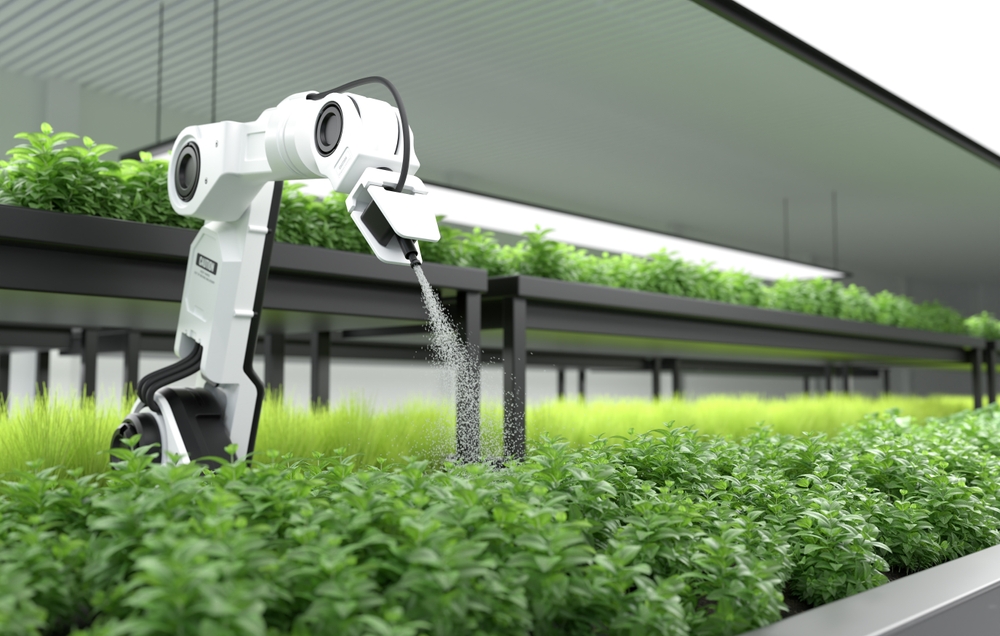Technology News
How Technology is Revolutionizing Agriculture
13 August 2024
|
Zaker Adham
Gone are the days when farm chores meant manually milking cows and plowing fields with animals. Today, farms globally are integrating advanced technologies like mapping tools, temperature and moisture sensors, robots, and aerial imagery into their daily routines. These innovations are making farms more profitable, efficient, safer, and environmentally friendly.

Advanced Farming Systems
Robotic systems are a key technological advancement in modern farming. Crop farmers use precision agriculture and robotics to plant, monitor, spray, weed, sort, and pack their produce. Livestock farms employ robotic systems to feed, milk, herd, and clean up after animals. Additionally, monitors on livestock track heat cycles, activity, potential illnesses, and more. These systems help address labor shortages by automating low-wage jobs, thereby keeping food costs down.
Precision agriculture is another technological boon for farmers. According to the USDA, applying the right resources at the right time and place benefits both farmers and the environment. This method, known as precision agriculture, uses cutting-edge tools to gather detailed information on specific land areas or individual plants. This technology helps farmers provide exactly what plants need, reducing runoff and overfertilization, cutting costs, and boosting yields.
Related: 77th Alice Prepares for Wisconsin State Fair
GPS technologies are indispensable for modern farming. They help navigate across the state of Wisconsin and offer much more. Geographic Information Systems (GIS) and Global Positioning Systems (GPS) work together to analyze real-world data. GIS stores information about spaces like barns, fields, grain bins, and roads, while GPS satellites pinpoint locations and overlay this data. This technology is used in tractor guidance, achieving accuracy within 1 centimeter for planting, spraying herbicides, or spreading fertilizers.
Technology in agriculture benefits businesses, animals, workers, consumers, and the environment. The future holds even more promise as technology continues to play a significant role in agriculture.




